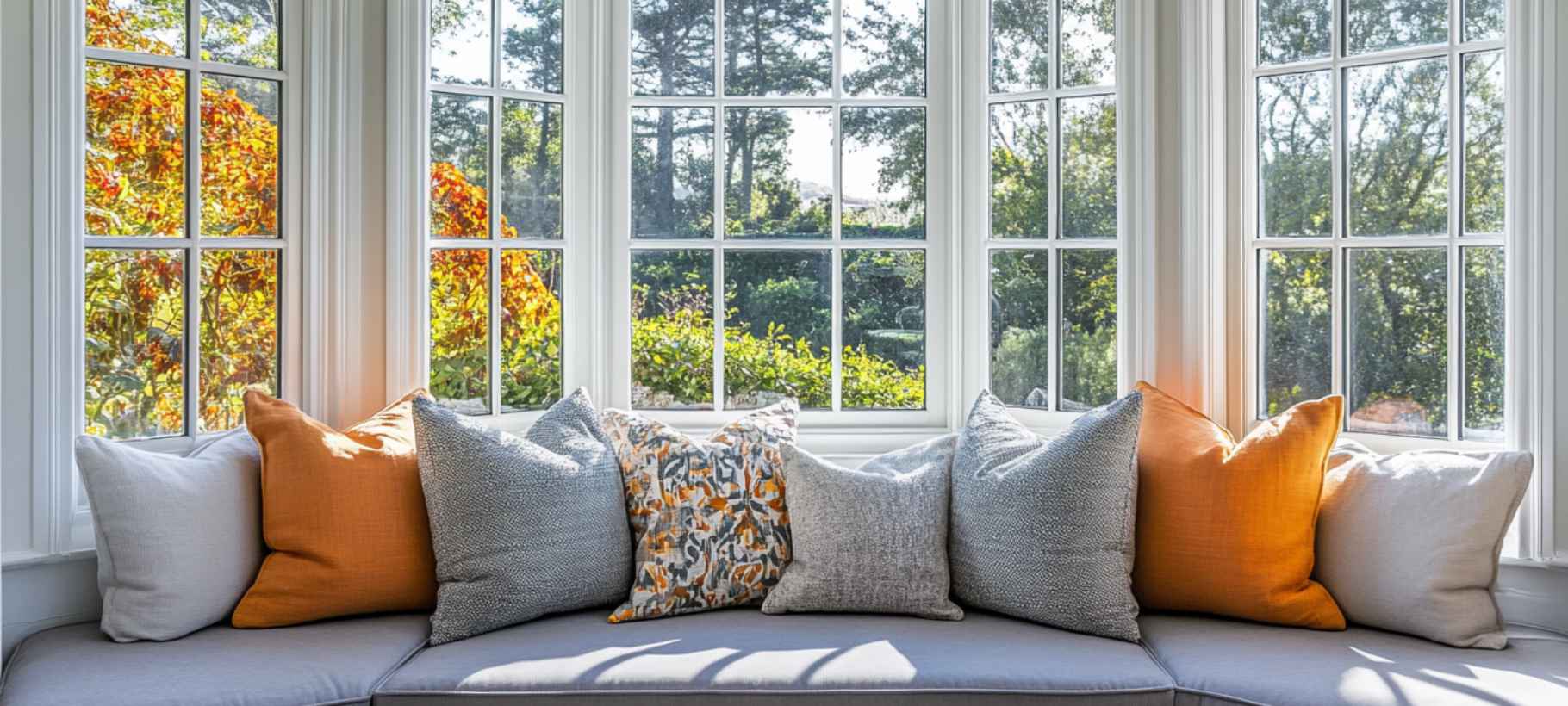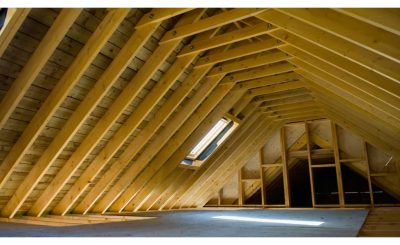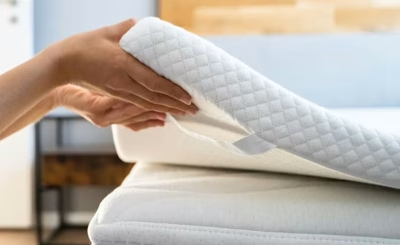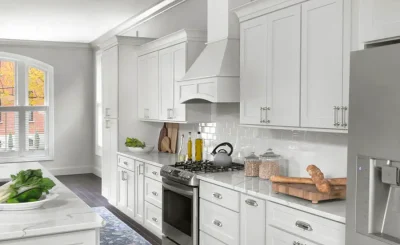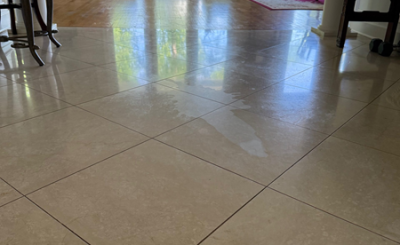Windows play a crucial role in the aesthetics, functionality, and comfort levels of a home. Selecting the right type of window can enhance the overall experience of living spaces while addressing specific needs and preferences. In this post, we’ll explore the best rooms suited for Louver windows, casement windows, and sliding windows with a particular focus on sliding windows.
Louver Windows
Louver windows are characterized by their horizontal slats that can be angled to control airflow and direction. They are typically popular for these spaces:
Bathrooms
Ventilation: Louver windows are ideal for bathrooms because they offer excellent ventilation, allowing steam and moisture to escape while ensuring privacy.
Adjustability: The ability to adjust the angle of the slats enables homeowners to tailor air movement and light exposure according to their preferences.
Kitchens
Airflow: In a space where cooking fumes, odors, and heat often accumulate, Louver windows can be particularly effective in maintaining fresh air.
Cleaning: Easy to clean, they help keep the kitchen looking neat and hygienic.
Laundry Rooms
Moisture Control: Laundry rooms need robust ventilation to handle the moisture from washing machines and damp clothes; Louver windows can efficiently meet these needs.
Casement Windows
Aluminum casement windows are hinged at the sides and open outwards, offering an unobstructed view and effective gasping of breezes. Their benefits are best realized in the following rooms:
Living Rooms
Natural Light: These windows, with their large panes, maximize natural light, creating a bright and welcoming living environment.
View: Casement windows can perfectly frame picturesque exterior views from the living room, making the space feel larger and more connected with nature.
Bedrooms
Ventilation: Their ability to catch and channel breezes into your home makes casement windows ideal for bedrooms, ensuring a comfortable sleeping environment.
Security: High-quality casement windows often include strong locking mechanisms, adding an extra layer of security to private spaces such as bedrooms.
Sliding Windows
Aluminum sliding windows are designed to move horizontally along a track. They are particularly favored for their practicality, ease of use, and space-saving properties. Here’s why sliding windows excel in certain rooms:
Dining Rooms
Space-Saving: Sliding windows don’t require any extra space to open, making them ideal for dining rooms where space efficiency is important.
Accessibility: Large sliding windows can create an open feeling, making the dining area brighter and more connected to the outdoors.
Versatility: They’re excellent for integrating indoor dining spaces with patios or decks, allowing easy transition between indoor and outdoor dining areas.
Home Offices
Ease of Operation: Sliding windows are convenient for quick ventilation without interrupting workflow.
Natural Light: They provide ample natural light to boost productivity and create an inviting workspace.
Basements
Compact Design: Basements often have limited window space, and sliding windows maximize the usable area without compromising the ability to open them for ventilation.
Security: Many sliding windows come with secure locking mechanisms, making basements safer.
Choosing the right window for each room involves balancing functionality, aesthetics, and personal preferences. Louver windows are ideal for rooms that demand robust ventilation and moisture control, such as bathrooms, kitchens, and laundry rooms. Casement windows suit spaces where maximum light and breeze are desirable, like living rooms and bedrooms. Sliding windows, with their space-saving and versatile design, are perfect for dining rooms, home offices, and basements. By understanding the strengths of each window type, homeowners can make informed decisions that enhance comfort and efficiency throughout their homes.


